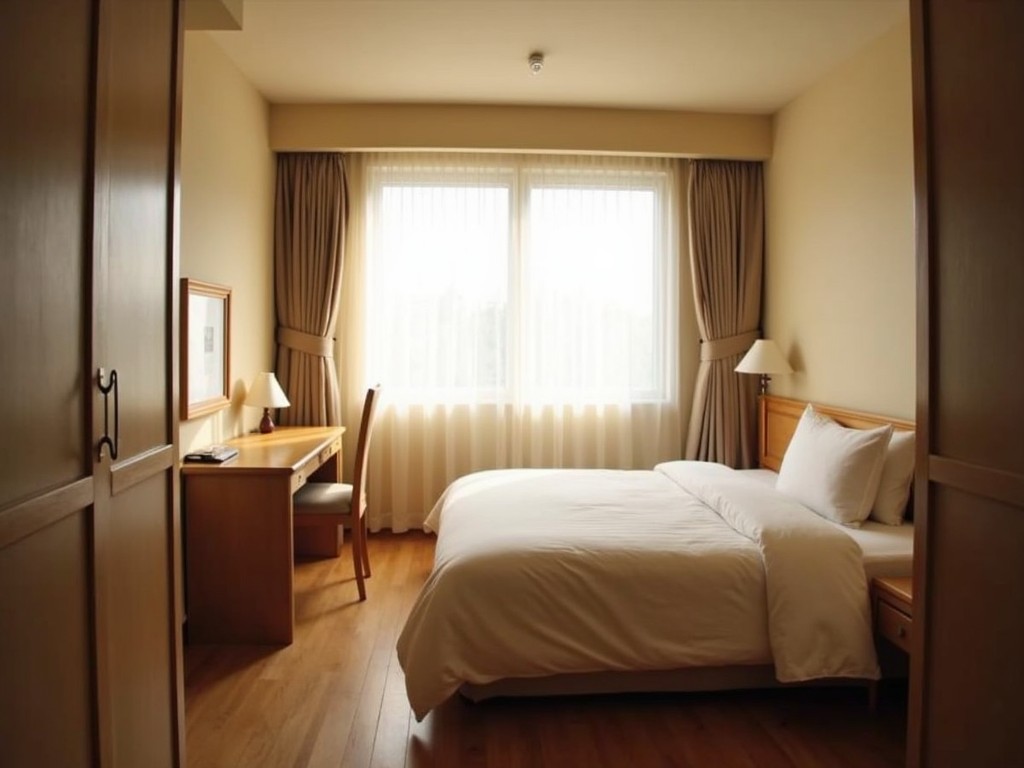Room rental agreements and contracts are vital documents that ensure a smooth relationship between the landlord and tenant. This guide provides insights on how to navigate these rental arrangements effectively. Whether you're renting out a room or moving into one, understanding these contracts is crucial.

What is a Room Rental Agreement?
A room rental agreement, sometimes referred to as a lease, is a legally binding contract between the landlord and the tenant. It specifies the terms under which the rental takes place, including rent amount, duration, and responsibilities of both parties.
Why Room Rental Agreements Matter
Room rental agreements and contracts protect both the landlord and the tenant by clearly outlining the terms of the arrangement. These documents help in avoiding future disputes over issues like rent increases, responsibility for repairs, or use of shared facilities.
Key Elements of Room Rental Agreements
- Parties Involved: Names and contact information.
- Rent Details: Amount, due dates, and payment methods.
- Lease Term: Start and end dates.
- Security Deposit: Amount and conditions for return.
- House Rules: Guidelines for pet policies, smoking, etc.

Drafting a Room Rental Contract
When drafting a room rental contract, consider both the legal framework and personal requirements. Clearly outline what is expected from each party. A well-drafted contract prevents misunderstandings and protects your interests.
Tips for Effective Room Rental Contracts
- Use Clear Language: Avoid complex legal terms.
- Be Specific: Detail all terms precisely.
- Consult a Legal Expert: If unsure, seek professional advice.
- Include Emergency Contact Information.
- State Maintenance Responsibilities: Who takes care of repairs?

Personal Insights on Renting Out a Room
Having rented out rooms for several years, I've learned that flexibility and communication are key. Understanding that each tenant is unique, I tailor my agreements to address individual needs while maintaining fairness across the board.
Common Mistakes to Avoid
- Verbal Agreements: Always document agreements on paper.
- Ignoring State Laws: Ensure compliance with local rental laws.
- Overlooking Details: Cover all aspects, including utility responsibilities and furniture use.

Navigating State-Specific Rental Laws
Each state may have different laws governing room rental agreements. Familiarize yourself with the local regulations to ensure your contract is legally sound and enforceable. Employ resources like state legal aid websites for guidance.
Finalizing Your Room Rental Contract
Once all terms are agreed upon, ensure both parties sign the document. Provide each party with a copy for their records. This not only fortifies the agreement but also creates trust and transparency.
Making the Most of Your Room Rental
Successfully renting out a room relies on clear communication and mutual respect. Regularly reviewing and updating agreements can lead to long-term tenant satisfaction and positive experiences for landlords and tenants alike.

Conclusion
Room rental agreements and contracts are essential in protecting the interests of both landlords and tenants. By crafting clear, comprehensive contracts, you pave the way for a harmonious living environment. With these tips and insights, you'll be well-prepared to deal with room rentals effectively.